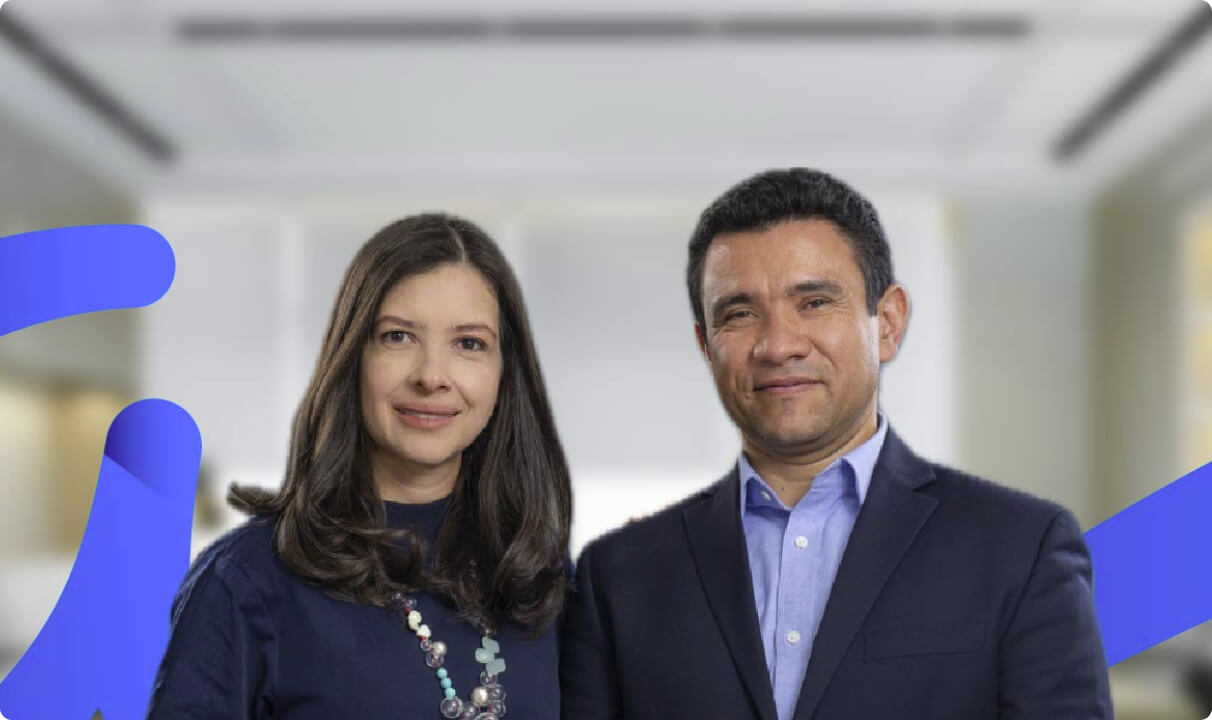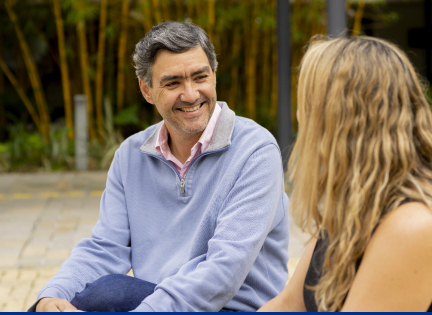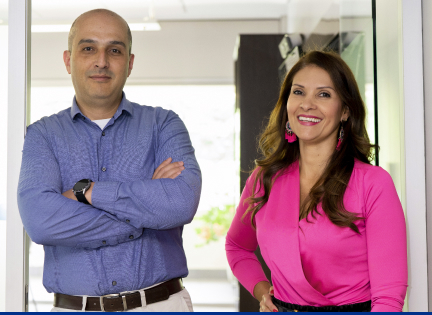Can my leader know this? Can this be in the media? Can I tell my family, my kids? With these brief but compelling questions, like a transparency test that becomes a useful, powerful “pocket tool” in the face of an ethical dilemma, ends an inspiring conversation with Alejandro Moreno-Salamanca, the professor, the husband, the father of four, and now an external member of ISA’s Ethics Committee.
Alejandro, General Director of INALDE Business School in Bogota, for more than 15 years, has been involved in topics such as service leadership, business ethics, managerial decision making, and the incorporation of ethics in management education in companies. He is approachable. He speaks with passion, conviction, and common sense. This is a conversation that shows us that ethics is an everyday choice.
💬 ISA: Ethics: of all the existing definitions, which one do you prefer?
Alejandro: Ethos means custom, habits, a way of doing things, that is the root. For me, ethics is human action consistent with human nature. To be ethical is to act in a fully human way.
💬 ISA: Who or what determines what is good or what is bad, what is right or wrong, what is fair or unfair?
Alejandro: There are values and principles that may differ between what I think and what my family, my company, and society think; also, the fact that there are different opinions about what is right does not necessarily mean that there cannot be universal ethics. For me, and by the golden rule of ethics shared by Easterners and Westerners, the right thing to do and the universal ethical principle is human dignity. The rule is: treat others as you wish to be treated.
💬 ISA: How do we know what is the best decision to make when faced with an ethical dilemma?
Alejandro: First, an ethical dilemma is any free, conscious choice. It is not just the bribe-or-no-bribe, go to work or sleep dilemmas. What makes it ethical is the impact to others and to ourselves. For example, when I am late to the office, not only will I be fired (the consequence), but someone is waiting for me and may never trust me again.
💬 ISA: The ethics of minima and maxima: what does it mean?
Alejandro: It is important to understand that there is a minimum standard of action (not to do what is wrong); this is why it is called the ethics of minima in conduct. In the ethics of maxima, it is no longer enough to do no wrong. I think that anyone who consciously decides not to pursue the maxima is already degrading themselves ethically, because in fact our ethical duty is to make the best of our existence.
I will try to explain it better. If ethics were about not doing what is wrong, for example, no one would condemn an unaware passerby in a park who sees a drowning dog nearby and decides not to act, despite being able to do so. Clearly, if that person chooses not to act, they would not be “doing wrong,” but would we really think of it as ethical? For sure, anyone would say that the person who chose to help the dog, even if it was not their obligation, has higher moral standards.
💬 ISA: Our actions, however “small,” have an impact… I skip the line, I don’t study for the exam because I managed to get the answers before it, the restaurant bill was undercharged… Maybe the culture of the “smartest” is hurting us more than we realize?
Alejandro: I think that there is a difference between taking advantage of the opportunities that life gives us and taking advantage of the opportunities that we know belong to someone else. They are two very different things. For me, it is very important to understand “the culture of the smart and the dumb” (if I don’t do it, someone else does it). This is where the ethics of character comes into play. It is about who we are. I could get richer, of course, but I would also become a thief, for example.
💬 ISA: What are the most critical values that we need to recover as human beings?
Alejandro: Love and charity (which are synonyms) make us fully human.
💬 ISA: What can we do to educate on ethics?
Alejandro: We must teach the intellectual reason for the good. We must teach the virtue of doing good. Sometimes, we tell our children that they can’t do something, but we don’t explain why. It is important to explain that every act has a consequence; for example, what happens when we lie?
💬 ISA: What things are normalized in the business world that can lead us to act unethically?
Alejandro: In the corporate world, we have to think about the things that seem normal to us, which are not necessarily so normal; in no case should it be a matter of minima. We must always lead by example, but when we want to be ethical just to be noticed by others, we might be corrupted inside, because there is a reason behind why we want to be seen as ethical. The best action of those who are part of a company at any level is to behave humanely.
💬 ISA: Let’s talk about your new role in ISA as an external member of the Ethics Committee: What does it mean? What do you expect from this new commitment?
Alejandro: First, I feel an enormous duty of responsibility, and it is for me a great honor.
I hope to be able to contribute based on my understanding of what ethics is, which is not limited to have a very good compliance program in place. I wish to inspire people to understand why it is valuable and convenient to be ethical, to contribute based on ethics at a personal level and based on ethics of character to an organization with really good practices and that always makes sure that things are done well.
💬 ISA: To conclude: What to read? Who should inspire us on ethics? Please recommend three works.
Alejandro: When studying ethics in depth, we should try to read not only business topics, but also political philosophy. The works I recommend are:
- Justice, by Michael J. Sandel, a political philosopher who shows us why it is so difficult to get society to agree on what is right.
- The usefulness of the useless, by Nuccio Ordine, which reflects on how we live in a society that sometimes deems useless what is not economically profitable, and how the things that are most useful to us humans are precisely the non-economic ones: family, the embrace of a child, knowledge.
- And finally, a very personal recommendation: Fratelli tutti, “All brothers,” Pope Francis’ encyclical letter in response to the world’s migration problems. It is a treatise on humanity.







